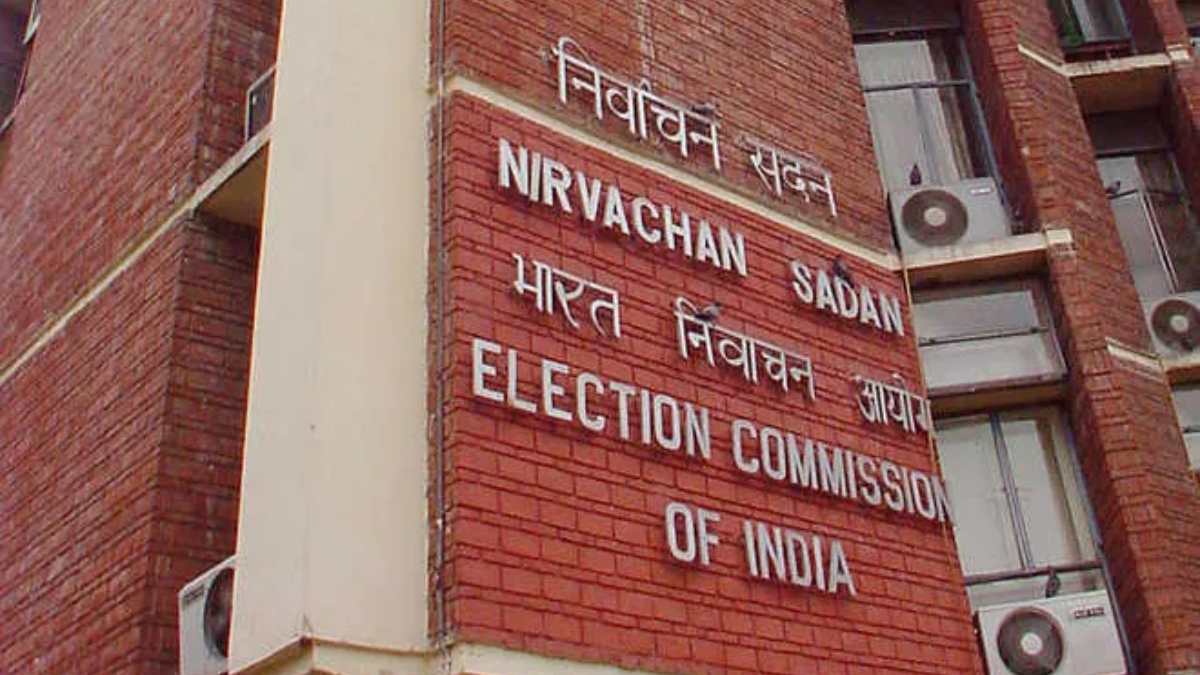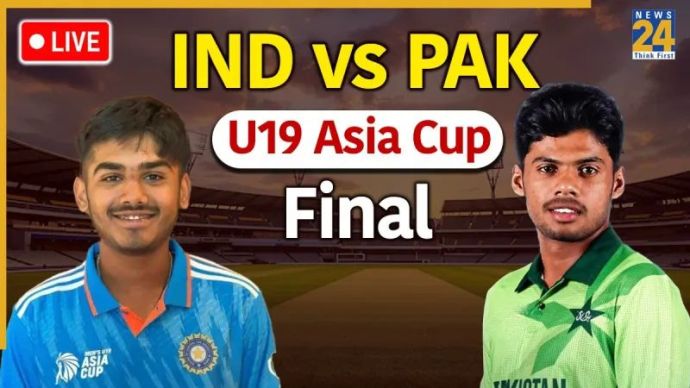Following Arun Goel’s sudden resignation as Election Commissioner (EC), sources reported that two new commissioners are likely to be appointed on March 15, chaired by Prime Minister Narendra Modi, aiming to fill vacancies left by Anup Chandra Pandey and Goel. Goel’s resignation came on Friday, just before the poll panel was to announce the Lok Sabha polls schedule. President Droupadi Murmu accepted his resignation on Saturday, with the Law Ministry issuing a notification.
With Arun Goel’s resignation, Chief Election Commissioner Rajiv Kumar remains as the sole member of the poll authority. Anup Chandra Pandey retired on February 14 upon reaching the age of 65. To fill the vacancies, a search committee led by Law Minister Arjun Ram Meghwal, alongside the Home Secretary and the Department of Personnel and Training (DoPT) Secretary, will compile two separate panels of five names each for the two positions.
Subsequently, a selection committee led by the Prime Minister, alongside a Union minister and the Leader of the Congress party in the Lok Sabha, Adhir Ranjan Chowdhury, will nominate two individuals for appointment as election commissioners. The President will then officially appoint the election commissioners. Sources indicated that the selection committee might convene either on March 13 or 14, with appointments expected to be finalized by March 15, depending on the convenience of the members.
Also Read: TMC Officially Rules Out INDIA Bloc In Bengal; Congress Hits Back
Prior to the enactment of a recent law concerning the appointment of the Chief Election Commissioner (CEC) and Election Commissioners (ECs), the tradition involved the President appointing the election commissioners based on the government’s recommendation. Typically, the most senior among them would be appointed as the CEC. According to Clause 2 of Article 324 of the Constitution, the Election Commission comprises the Chief Election Commissioner and additional Election Commissioners, as determined by the President.
In response to inquiries regarding Arun Goel’s resignation, sources suggested that it may have been due to personal reasons. They dismissed notions of discord between Goel and Chief Election Commissioner Rajiv Kumar, emphasizing that internal records, minutes, and decisions indicated no dissent from Goel. Goel, a 1985-batch IAS officer of the Punjab cadre, submitted his resignation on Friday morning and was absent from a critical meeting between the EC and senior home ministry and railway officials to finalize the deployment and movement of central forces across India for poll duty. Joining the Election Commission in November 2022, his tenure was scheduled until December 5, 2027, with a potential elevation to Chief Election Commissioner (CEC) following the retirement of incumbent Rajiv Kumar in February next year.
Ashok Lavasa resigned as an election commissioner in August 2020. He notably provided dissent notes on several decisions made by the Election Commission (EC) regarding violations of the model code during the last Lok Sabha elections. Initially, the commission comprised only a Chief Election Commissioner (CEC). However, it now includes the CEC along with two election commissioners.
Two additional commissioners were initially appointed on October 16, 1989, but their tenure was brief, lasting until January 1, 1990. Subsequently, on October 1, 1993, two additional election commissioners were appointed, marking the establishment of a multi-member Election Commission. Since then, decisions within the Commission have been made through a majority vote.
Also Read: Lok Sabha 2024: TMC Unveils List Of 42 Candidates, Includes Cricketer Yusuf Pathan













